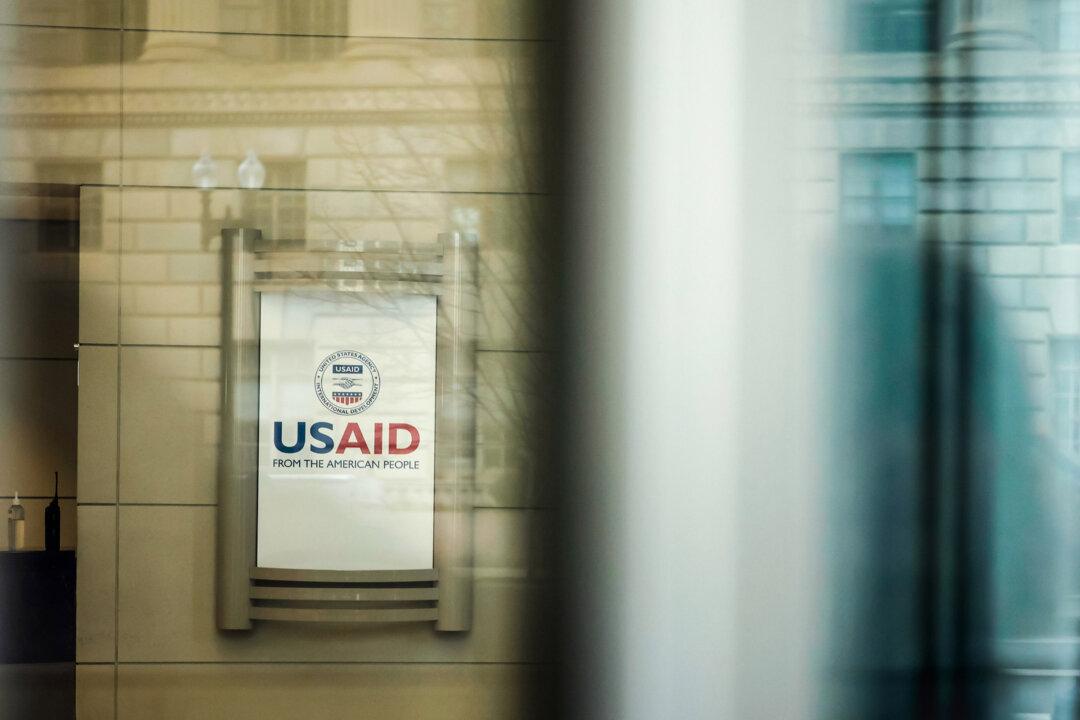The U.S. Agency for International Development (USAID) issued a notice on Feb. 23 stating that it was laying off at least 1,600 workers in the United States and placing others on administrative leave after a federal judge lifted a temporary restraining order blocking the planned staff removal.
All remaining USAID direct hire personnel will be placed on “administrative leave globally” from midnight Feb. 23, except for those handling “mission-critical functions, core leadership and/or specially designated programs,” according to the agency’s notice.





